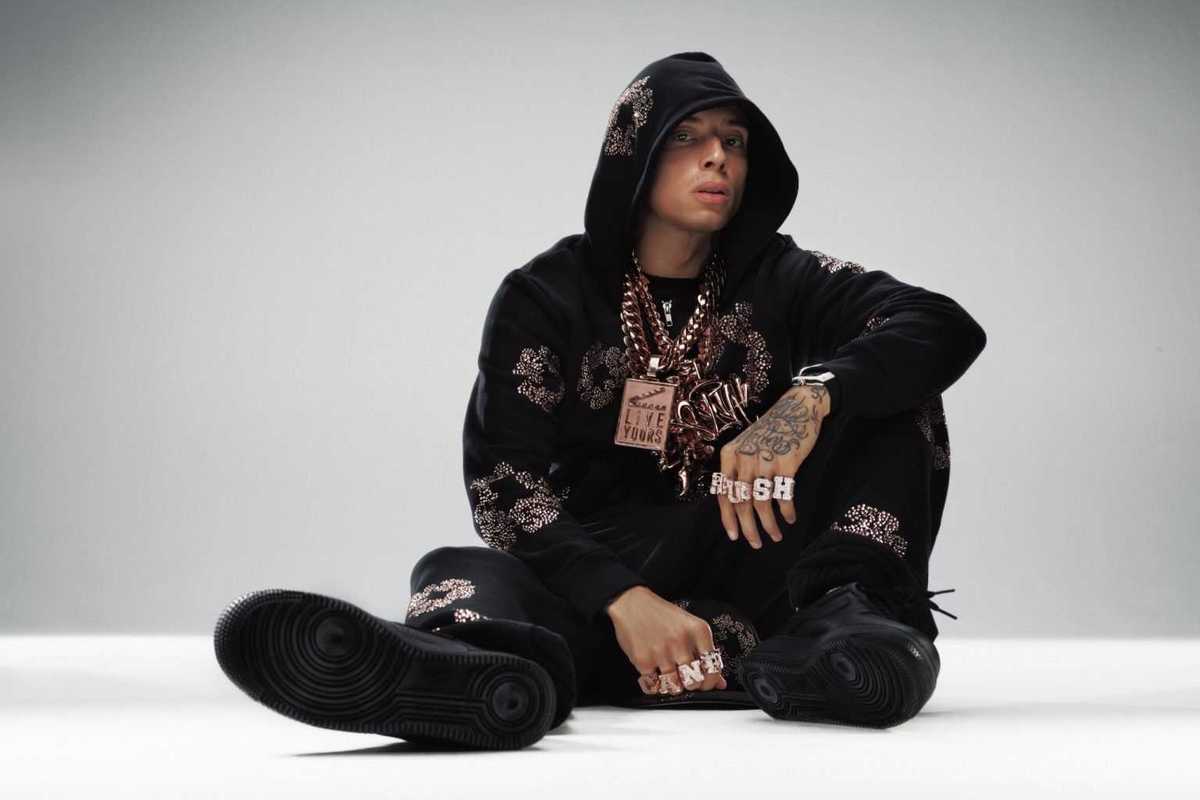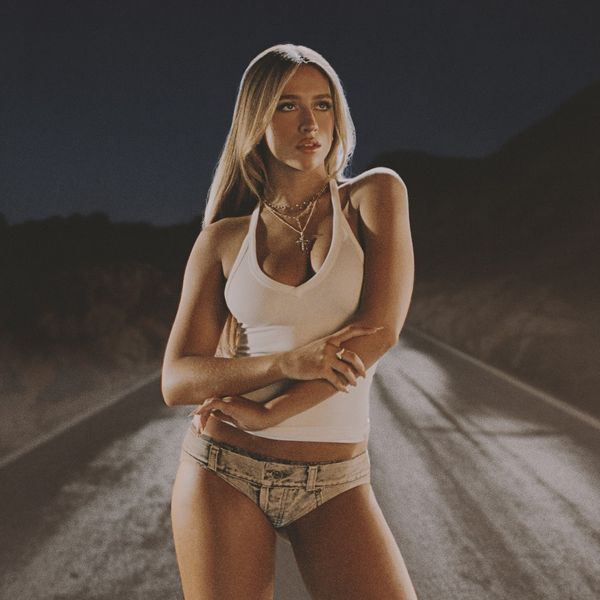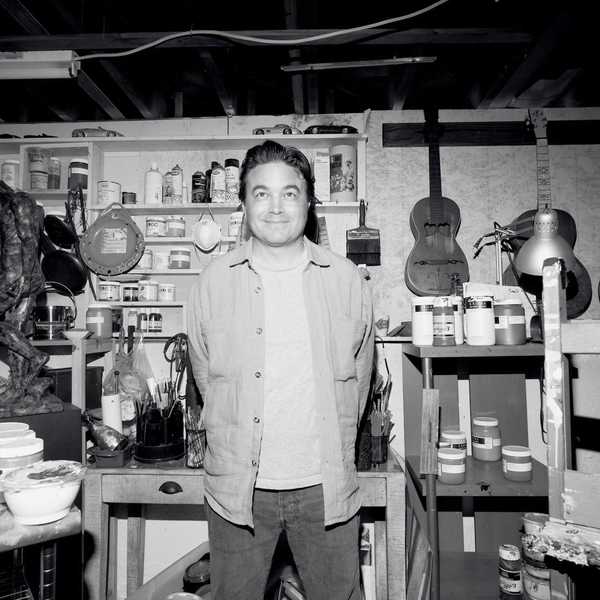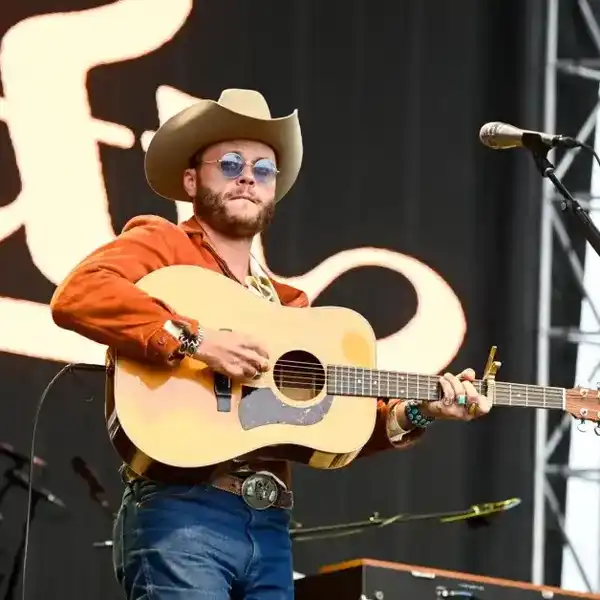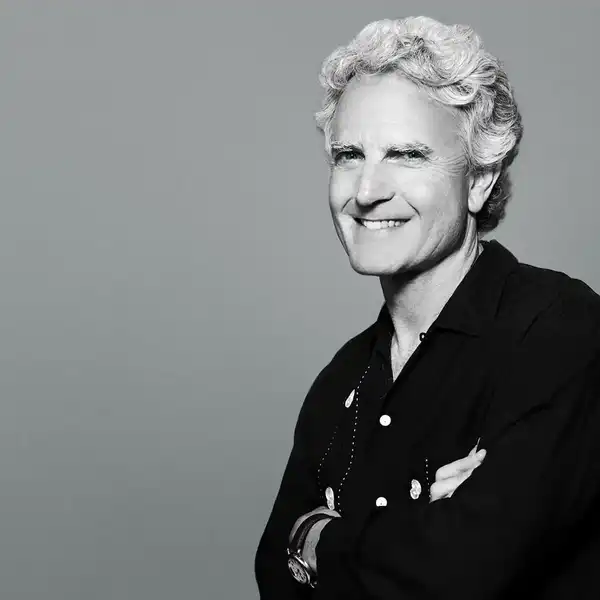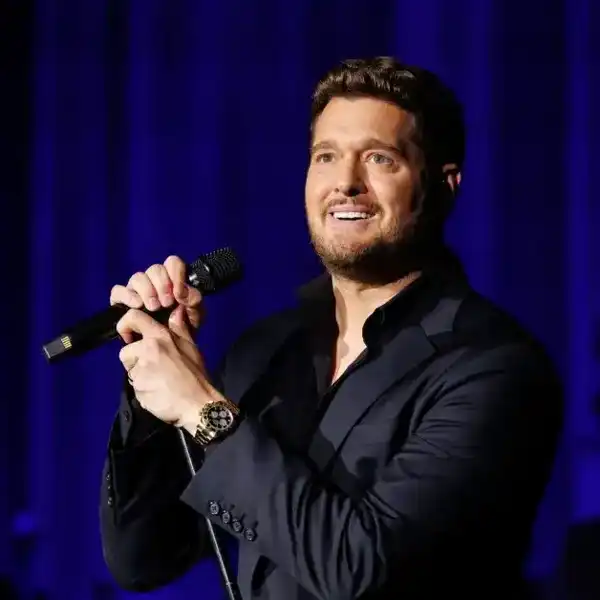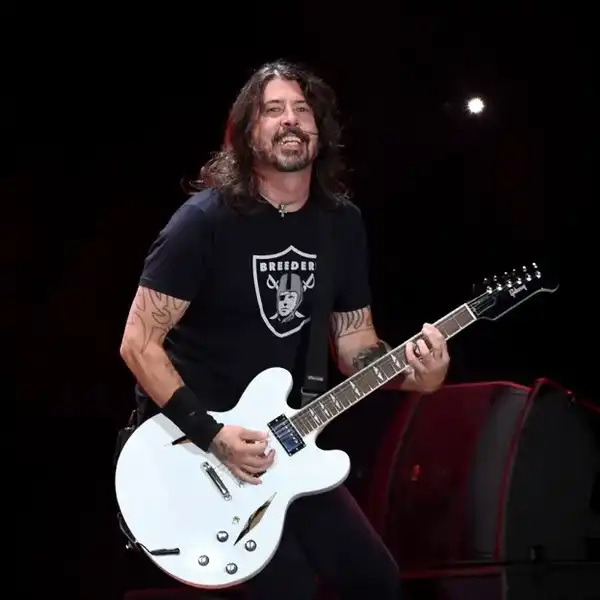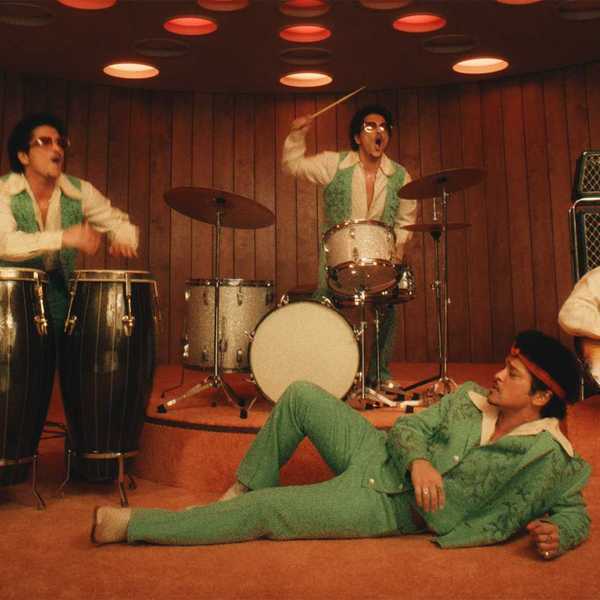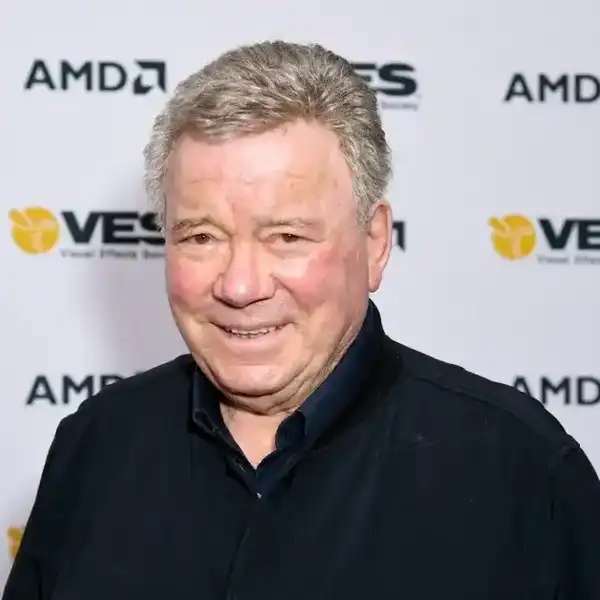A Conversation With ... Jeff Dalziel
The experienced Canadian songwriter/producer has strong opinions about the current state of songwriting and the Nashville scene. In this wide-ranging chat, he also discusses his recent work with Washboard Union and Nice Horse.
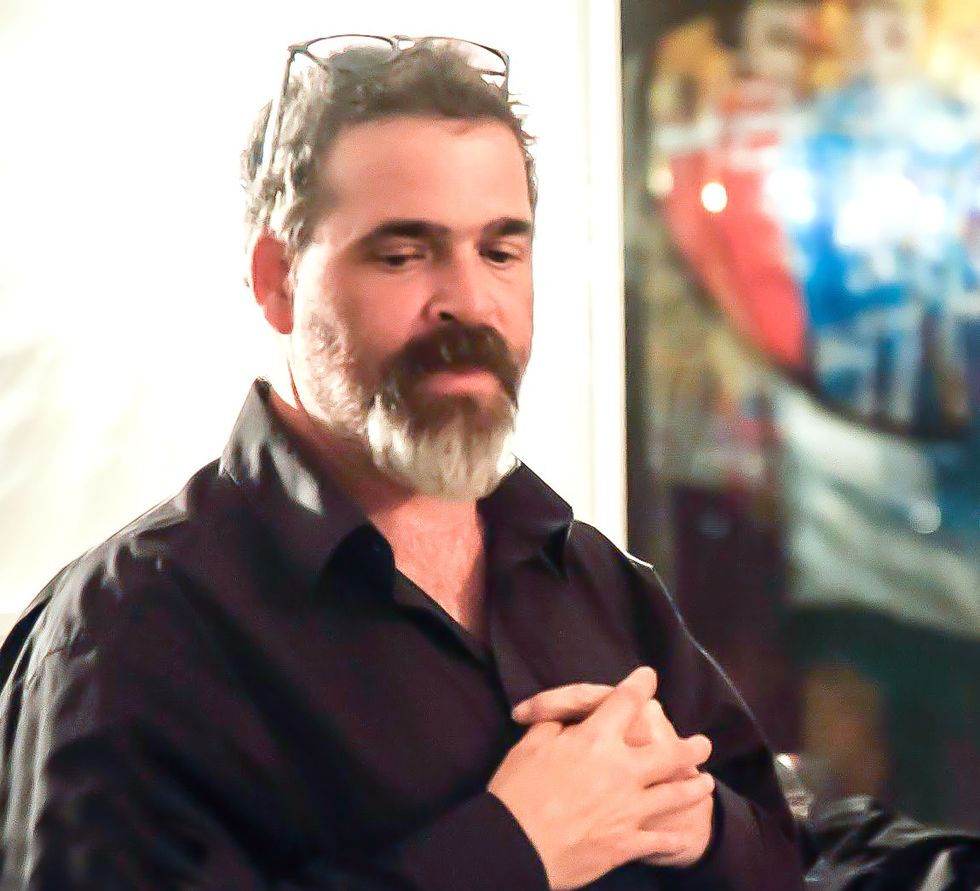
By Bill King
Your recording sessions – how are they arranged?
They are genre specific. I have a long history in a variety of genres and can honestly say depending on the artist, start times change. Obviously, the rock guys don’t really rock before three. Country artists, as a rule, like to start early. Do the Nashville thing. They have to be up and do three co-writes in a day. They seem to be a bit more responsible. Pop artists? Somewhere in the middle.
Where did the three cowrites in a day thing come from?
There’s been such a big push on cowriting in Nashville especially with songwriter/artists from Canada going down there thinking it's going to get them a hit song. There are teams of people who think they are going to be songwriters and it’s almost like a day job. It’s mostly driven by the cowriters the artists are set-up with. At times it comes across as a quantity vs. quality thing.
Every hit song I’ve been involved with, writing or cowriting, sometimes they can go quick, and others take a very long time. It’s very common for a songwriter to show up for three different songwriting sessions in a day. The first one is usually quick, in and out then go for lunch maybe. Then do another and have some dinner or as they say a’ meet and greet’. Then go back for another session, then on to the Bluebird Café, hang out or wherever they go, and that’s it.
That’s driven by publishers. It’s understandable. They are cracking the whip to get something – get going, get going. It’s kind of like placing your bets.
Is it advantageous to a young songwriter to have a set schedule?
It helps, but I have a very different view of the writing process. It may have something to do with the 360 deal in Canada. You and I both know revenue streams are down quite a bit from when we were career-oriented musicians.
I was an in-house producer at Sony for years. I’m a Sony/ATV songwriter worldwide, but I am writing fewer songs these days because there are fewer placements and because so many songwriters today are being hit with copyright problems.
A pure songwriter is not trying to be a star, and they are as passionate about writing songs as I am about producing music or playing instruments. Are your songs going to be as good as the person that is that passionate? Chances are, no. Obviously, there are great songs written by the artist and when you look back in history and pretty much every song we know, and the public knows, comes from a song-writing team. That goes for movies, etc., and I know a lot of them, and they feel kind of displaced. They are getting hit on two fronts. One, copyright issues – not getting paid from Spotify, no sales so mechanical royalties are down, and on top of it, nobody wants their songs. Few understand the validity and need for them.
At Sony we were developing artists and promoting co-writing and getting your chops together and always have been. Some artists didn’t want this and figured they needed to do this themselves. We were always mindful that it's good but let’s also find some outside songs. We presented lots of songs to artists. You would know them all and what I’m talking about.
In the wider world people don’t know that Marvin Gaye and every hit he had, he never wrote. He wrote songs, but the hit songs that made him a household name were written by songwriters. For the most part, some of the biggest artists in the world either didn’t write their songs or couldn’t write a song to save themselves.
Regarding three songs in a day, it’s more about placing bets. The more you do them, the greater the possibilities. My publisher would be happy if I delivered three songs in a day.
I’m also thinking in these team situations you are partnered with someone who has had success.
Exactly. What I’m seeing coming back from Nashville, these teams are always missing something. There are certain tiers of Nashville songwriting teams that most Canadians will never get a chance to be involved with. Then there are the ones who are trying to be songwriters and trying to get a hit. I have lots of friends that live there and have been there ten years and still haven’t had the big one, and they had big songs here before they left.
The majority of my artists and labels I work for want to know what I think. I can get a list of ten to twelve songs to listen to and pick my favourite. Honestly, the more I get, the more let down I am. As a producer I’ve done well-enough I can kind of pull rank a bit to remind them that there’s no song here, and we need to find songs, outsource and see what’s there. I can go to the bigger publishers for pitches. If the artist or label isn’t into that, I’ll pass on the project.
What were your thoughts when figuring out how you’d fit in with a band like Washboard Union? What was your approach?
The first time I heard them, they’d already completed the EP with Slaight Music and Jim Campbell. Jim sent me some files to listen to, and I heard three potential singles. When people ask me my opinion, I tend to focus on what’s wrong with it. I always follow-up with – it’s just my opinion. Here’s what I think is going to be an issue with radio play.
I think they sent out the first single unfixed and it didn’t really do much. I got the call asking if I’d retool some of it. I loved the songs. I stepped in and retooled their first two big hits, “Moonshine” and “Shot of Glory”, which don’t sound anything like the EP. Because of the way music is made these days – budget related, much like the songwriter, they keep that revenue stream in-house as long as they can.
There’s also the production side of things where everybody’s a producer. They have a laptop. Now the music is based on a team of people who make all of the music, and the singer just sings. There’s a real push towards the music sounding like what the producer thinks it should be. Somebody really has to put a face on that sonically. Knowing I was going to be charged with that duty, I went out to Halifax to meet the guys, sat down and talked. Talked about music, talked about stuff they love.
Those first two singles that came out were a culmination of what they love, not what I love. A lot of that was similar, and I became kind of like a band leader. Everything was designed and based on what they love or said, and I had to take that and make it work with radio. That’s how the sound happened.
Not a lot of people are going to take the time to do that. It could have been entirely different if someone else produced it. And that’s very common with a lot of artists these days, especially solo artists who don’t have a band. You are kind of at the mercy of your creative team.
My prediction is, we are going to see a lot more bands from a producer's stand-point. That should bring some originality to the projects. That’s what’s missing. I’m not dumping on anything out there because it’s all very well done. We used to have a saying at Sony - ‘the fish starts to stink at the head.’ Meaning, we’d see lots of bands, and if the singer just wasn’t there or didn’t have star qualities then it didn’t matter how good that band was. It was going to fail. That’s why solo artists tend to work still. Obviously, that’s the first thing to be judged over anything. You could literally loop a fart behind a great singer and it should be fine. It tends to make things a bit more homogenized. It’s the same producers or different producers using the same sound. It’s done on computers, drum machines etc. It all sounds the same. It’s something that happened in the rock world when we were making rock records. Everyone was repeating themselves.
With Nice Horse and the new River Town Saints single, these are two of the newer things I’ve done, I demanded they have to be a project, not two singers. It’s very taxing for producers to be everything. Or design everything.
The Washboard thing was a cakewalk. We had so many common interests. It was just knowing who to hire to play because it’s all real players. The bands I produce are ninety-per cent live musicians. It’s not cut and paste. It’s what it is when they play live.
Not only am I now turning down projects because I don’t think the songs are strong enough, sometimes it may be solo artists where I don’t think the voice or songs are there yet. I’d rather look at projects that are together; then I can challenge them to be better.
In the case of Washboard, Chris Duncombe plays banjo, guitar, and he sings. Aaron Crain plays guitar and sings, and David Roberts plays mandolin, guitar, banjo, washboard and sings. There’s enough there I can wrap around that. That’s why I think that project worked out so well. It’s so honest! Honest to the point some stations thought it was too honest and too folk and were hesitant to jump on.
I’m looking for projects where I can see them play a venue. It’s a band. It’s a real thing. Nice Horse is a great example of that.
When the management team asked me to work on this project, I found out all of the women play their own instruments. They are not ‘barbie dolls,’ they are the real deal. Great songwriters, great ideas and great singers.
Their management people asked me if I was going to get some Nashville people to play with them. I said I wanted to hear them first. We did some rehearsals and I thought, this is what country music is missing. The uniqueness. They are all good players. Music is not about being a virtuoso, it’s about having an identity as a musician. Good or bad, strong or weak. It doesn’t matter. The best example is the Ramones.
We all love the Ramones to some degree but individually they were horrible musicians but put it all together and it works. I’ve seen countless cover bands cover the Ramones and it’s terrible because it’s too good. It’s missing those perfect accidents. It needs to be real and I think people want that too.
I challenged the girls to be themselves and the record is one hundred percent them minus the steel player – all else is the girls. When you hear the record, it sounds real because it can’t not be.
The upside to that from a business point of view is if the band hits and does well, lots of people will try to be that, but they can’t be that. It changes the expiration date.
Two groups I was absolutely taken with that went two different directions are The Civil Wars and Little Big Town. Civil Wars falls apart because they can’t get along yet if you go back to the beginnings of Little Big Town they had songs, they had a sound a step away from what most groups sounded like in Nashville. I knew when I first heard both they were the real deal.
There are only two producers in the world that can say they were in-house producers at Sony Music in Canada. Myself and a guy named ‘Tawgs’ who has done Walk Off the Earth. Nobody in the building my first six years there as a producer including my boss ever asked me to make something sound like something. They asked me to find all of the unique things about that project and exploit that, then magnify to it’s maximum potential to how I felt as a producer.
My last two years with the company it all changed. They wanted me to fit something to what was already out there. I struggle with this constantly. I want the artist to be in both camps. It’s like a tennis court they have to sit on. It makes it a little bit tougher.
How much outside listening do you do?
My daily routine and I’ve been doing this long before my years at Sony, is mornings always consist of too much coffee, way too many cigarettes, and I listen to at least the top twenty of every main chart. Rock pop, EDM, dance, hip-hop and country. While I’m listening to that, I will quickly listen to new adds or most increased. At least the top five of the recurrent charts.
I’ll listen to each part of the song; chorus, verse etc. Then I’ll switch over to the HYPE Machine which is a beautiful aggregate that takes all of the blog charts from around the world and gives me a top ten, and it’s diverse.
I’m spending the first part of the morning enriching my brain with modern, popular content. I shut it off and only listen to outside stuff the next day. I only listen to what I’m working on.
I’m training my brain to connect the dots between genres to see what’s the common denominator among popular culture today. That sort of filters into my productions. The broader world and what’s popular this month.

